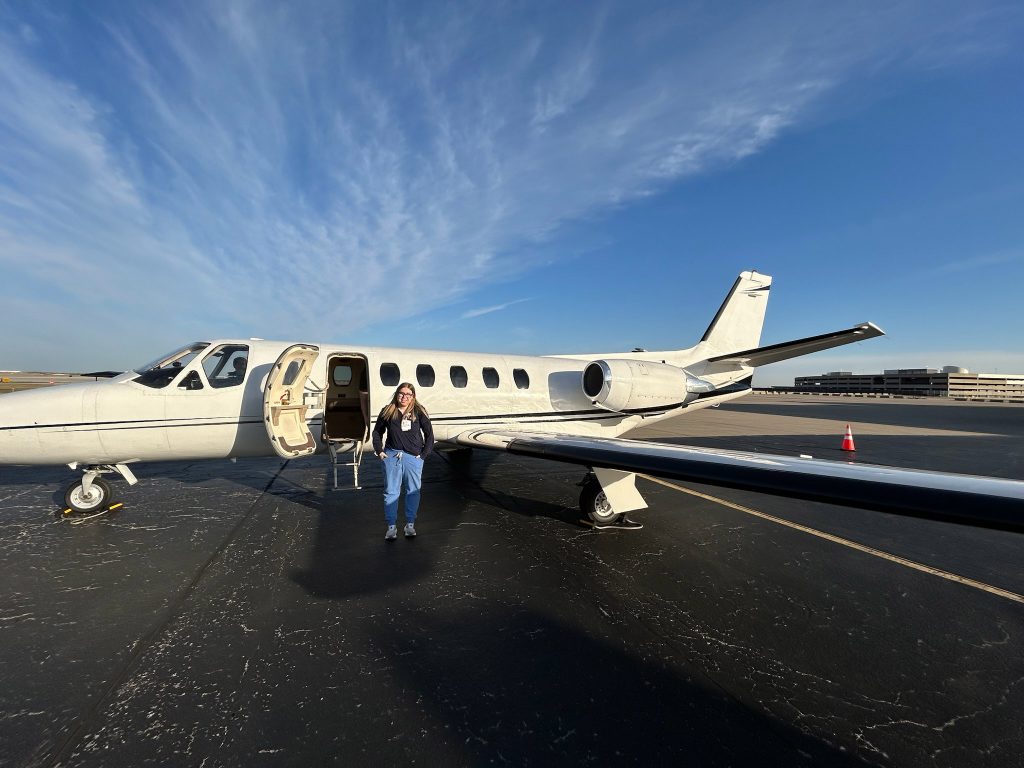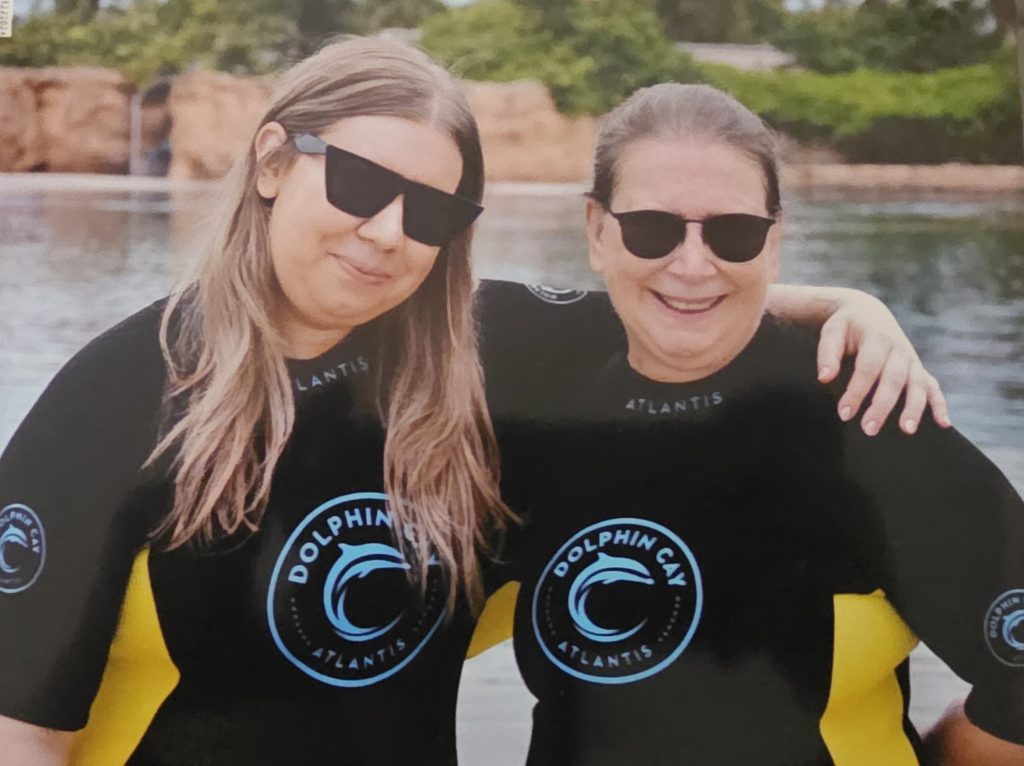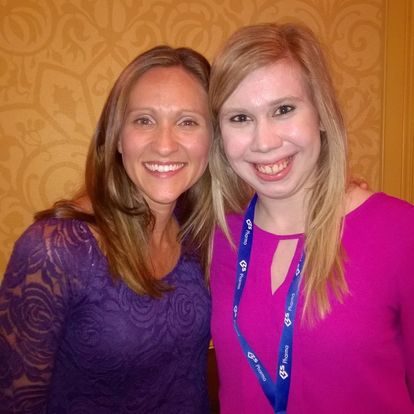Ashley Martin doesn’t remember a time when kidney disease wasn’t part of her life. Before she could read or ride a bike, she was watching her mother battle kidney disease. Their story began even before Ashley was born, when Toni’s doctors suggested to her not to wait to have children. You see, Toni was diagnosed with reflux nephropathy, which caused kidney damage, and it would mean she would have limited time to carry out a healthy pregnancy. Sadly, Toni lost two babies seven months before getting pregnant with Ashley. Born one month premature, Ashley needed extra care, but she was healthy.
When Ashley was seven years old, her mother started dialysis. As a single mother, Toni initially chose peritoneal dialysis (PD) so she could be home with Ashley but later decided to switch to in-center hemodialysis due to complications with peritoneal dialysis. Nearby family and friends helped support Toni with childcare as Ashley grew up.
Always looking for resources to help her manage her kidney disease while raising her young daughter, Toni discovered AAKP through a pamphlet at her dialysis clinic. She became more interested in learning about kidney disease and started attending AAKP’s National Patient Meetings, with Ashley in tow. Ashley also began to show interest in kidney disease education and even reading medical journals at a young age.
Ashley states, “AAKP was a big part of my childhood. My mom would turn AAKP conferences into vacations.” She fondly recalls attending educational sessions, dressing up for the costume dinner parties, and making friends with the AAKP staff. “Growing up around all these incredible people really inspired me.”



Toni received her first kidney transplant when Ashley was in fifth grade. Ashley remembers that her mom was able to be more present – able to attend more school functions without the constant worry of dialysis. Ashley explains that it was also a more carefree time because she did not worry about her mom as much. If she was spending the night at a friend’s house, she felt assured that her mom was okay now that she had a kidney transplant. Before the transplant, she says that fear was constant.
However, as the years went by Toni started having rejection episodes. She eventually lost her first transplant when Ashley was 17 years old. Ashley says, “There were some really hard times.”
She knew that when she turned 18 years old, she could donate her own kidney to her mom. After her 18th birthday, she got tested and was found to be a good match for her mom. However, the transplant committee did not approve the request because they thought that she was still too young. Ashley was, and still is, frustrated by that decision and says that some of the people who were on the committee knew her personally and may have been too close to the situation to be impartial.
With Toni still on dialysis, Ashley instead successfully trained to be her mom’s care partner for home hemodialysis.
After graduating from high school, Ashley enrolled in college with dreams of working in the medical field, possibly as a surgeon. Growing up and being surrounded by doctors, she knew that she would enjoy working to help patients. Ashley says she struggled through pre-med courses and started taking more classes in communications. Financial support for
her education was also lacking. She worked and interned while being a care partner and attending school.
During finals week of her third year in college, Toni received her second kidney transplant from a deceased donor.
Ashley graduated from the University of Cincinnati with her degree in Public Relations and Health Care Communications. After graduation, she worked for the Cincinnati Children’s in-patient pharmacy.
Earlier this year, Ashley began working at Network for Hope as a Surgical Preservation Coordinator. In this position, she plays a crucial role in the organ recovery process, keeping them viable for transplant, and assisting operating room staff to make sure everything goes smoothly during surgical procedures. Ashley says that she travels quite a bit with the job, flying with her team to transplant centers in the Northeast United States.
Today, Ashley lives independently but still not too far from her mom. Now 29, she recently learned she has lupus and is learning to take better care of herself. She explains, “For a while I did not put myself first, now I am learning that I need to be healthy if I want to care for others.”
Ashley is an AAKP Ambassador and has presented at AAKP’s National Patient Meetings and attended AAKP Hill Days.


















